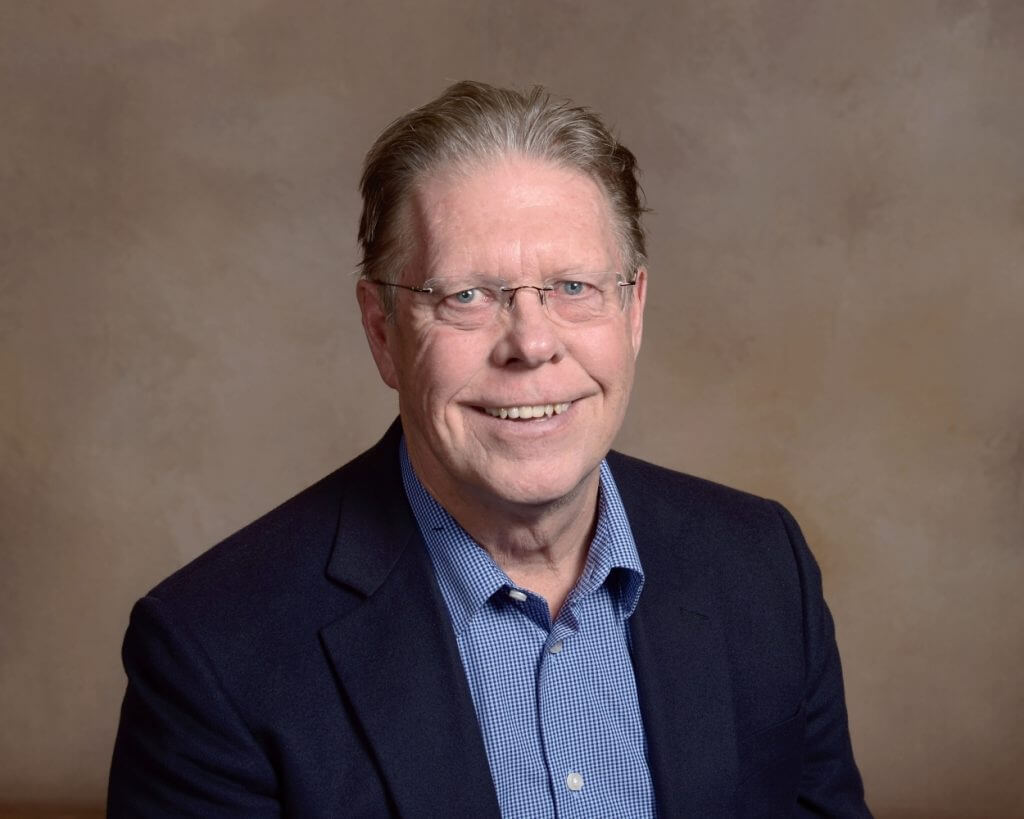
by Rev. Dr. Stephen H. Furrer, Developmental Minister
Unitarian Universalist congregations, like faith communities everywhere, are in the business of faith development. But UUs are singular in our emphasis—as part of our faith—on thinking; thinking that we may have enough thoughtful faith to follow my heart. This is the essence, it seems to me, of a UU lifespan religious education: the critical thinking necessary to find one’s way consciously in this world, and the faith that doing so will lead to creative personal—and cultural—fulfillment.
Ours is a faith that asks its members to think critically. And deeply. “There are no dangerous thoughts,” wrote the philosopher Hannah Arendt. “Thinking itself is dangerous.” Dangerous, it seems to me, because once a person can think for him- or herself, they are no longer vulnerable to mass-minded ideologies, or are at least less vulnerable. Moreover, with the capacity to think for oneself, everything changes: one becomes a player; one has choice. There is a Greek word that comes to mind, metanoia, meaning “change of mind.” The Greek word for butterfly, interestingly enough, is psyche. Evidently, there is something about our mind, thought the ancient Greeks that is butterfly-like; something about human neurophysiology that mirrors the larva-to-chrysalis-to-adult transformation of the butterfly.
Learning how to think critically is the first part of that transformation. One begins to come alive in a new way. Too many people, sadly, go through life as caterpillars—unaware that they are hardwired to fly. It is scary, of course, to leave the comfort of munching on leaves for the self-imposed tomb of the pupa. Some stay behind, and turn their intelligence to manufacturing munching machines, machines that will munch more leaves with fewer calories and in less time—so they can avail themselves of simulated butterflies and pretend they can fly, if they can afford it. Perhaps all of us would do the same, were it not for the second ingredient necessary to grow a soul, and very much a part of a liberal education: faith that if we go ahead and do what our instincts tell us to do—become a chrysalis—we’ll be rewarded beyond our imagination.
“Ask, and it will be given you;” we read in the gospels, “seek, and you will find; knock and it will be opened to you.” But it is always up to the individual to do the asking, the seeking, the knocking. And to remember that the first step is just that: a beginning. One has to have faith in themselves to keep on going—which is often no easier than getting started.
Faith, whether connected to a deity or not, lies in trusting ourselves to discover the deepest truths on which we can rely. No one, however, can do that alone. It requires wise teachers and especially trusted friends with whom one can test ideas and receive honest feedback. It also requires some sort of spiritual practice, some way to keep one’s ultimate concern foremost in her or his mind—and heart. Getting in touch with one’s “still, small voice” is a solitary endeavor, but it need not be a lonely one. With others engaged in their own but similar process, we at ESUC can support one another in our mutual faith development, and the congregation will grow accordingly.
Peace & health, Steve
